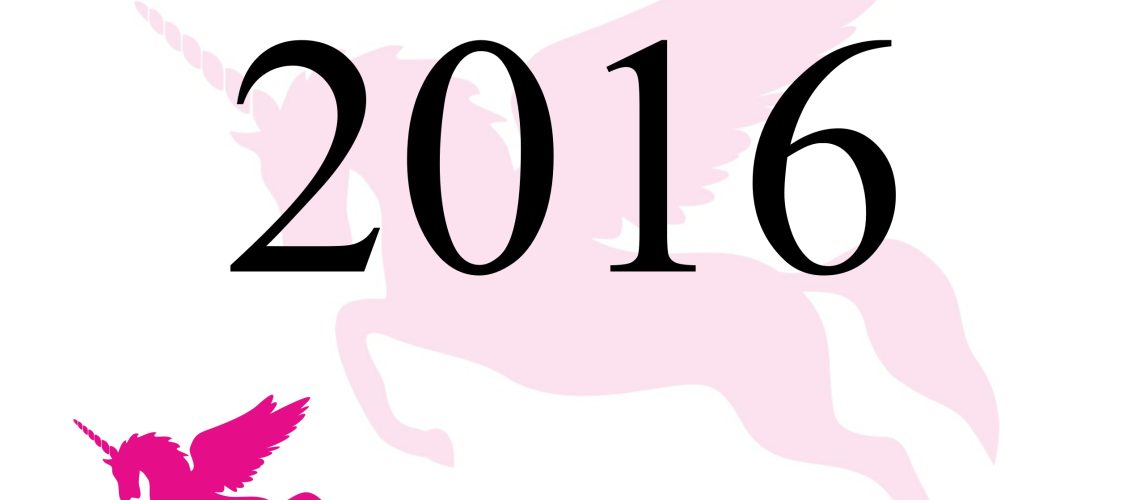Autumn Statement 2016 : A summary
This article is for information only and no recommendation is being made or should be construed from the contents of the article. Always seek independent financial advice prior to taking any action.
Chancellor Hammond has announced his first Autumn. He claimed it was aimed to help families who were ’just managing’ and his plan is to ensure the UK economy is “match-fit”. The statement included major announcements on housing, benefits and tax. Here is our key summary on how it could affect you:
Housing – ban on Letting Fees and more homes
If you are a tenant, when looking to renting a property you will no longer be required to pay upfront fees – which that are estimated to average £337. Lettings agents in England will be banned from charging these fees to tenants – this change will happen “as soon as possible”, according to the chancellor. These fees, which can be are charged for items such as gaining references, securing a tenancy, and sometimes even a deposit for those wishing to have a pet, must now be covered by the landlords, as is the case in Scotland.
On the wider subject of housing, the chancellor said that in a bid for affordable housing he was committing to increase funding for home building, with a £2.3bn Housing Infrastructure Fund to deliver infrastructure for up to 100,000 new homes in high demand areas, and £1.4bn towards the construction of affordable homes.
Savings
If you are looking for a better rate on your savings, then you are in luck. A new savings bond will be launched through National Savings and Investments, with an interest rate expected to be set at about 2.2%. The bond will be open to those aged 16 and over, subject to a minimum investment limit of £100 and a maximum investment limit of £3,000. Savers must put in their money for three years.
The equivalent best-buy three-year bond on the market now pays interest of 1.62%. The new product will be available for 12 months from spring 2017. The chancellor said he expected two million people to benefit.
However, when looking at this announcement from a longer term view, this may not seem such a great offer as by the time the bond launches next year, interest rates – and returns for savers – may be higher than they are now.
Pensions
Some savvy pensioners have been recycling their pensions – they have been drawing cash from their pension pot tax-free, then put some back into a pension again to get extra tax relief.
The government is looking to limit this by reducing the annual tax-free allowance from £10,000 to £4,000 for those who start to take money from their defined contribution pension pot. This will take affect from in April 2017.
The idea is they will have less money to play with to recycle it. This is likely to affect a small number of people, but could cause problems for those who may need to access their pension pot flexibly and find they subsequently would like to put the money back.
Employee Benefits
If you are one of the many employees in the UK who give up some of your salary each month in exchange for goods and services then these changes may affect you. At present, taking the Employee Benefits option can lower your income tax and national insurance bill because your salary is effectively lower.
Whilst schemes around pensions, childcare vouchers, ultra-low emission company cars and bicycles will remain unaffected, from April 2017 other benefits such as health screening, computers and gym membership will be subject to tax. In effect, there will be no salary sacrifice on these other items which will prevent employees using these schemes to lower their tax bill.
Motoring Costs
Fuel duty will be frozen for a seventh year. The chancellor said this would save the average car driver £130 and the average van driver £350 a year.
Environmental drivers will also have a boost with more charging point being put in. However the savings end there with an increase in the Insurance Premium Tax that could affect car owners.
Insurance
The cost of insurance may rise for vehicles, home cover and other products as the Insurance Premium Tax will rise from 10% to 12% in June 2017. This is the third rise in this tax in 18 months which has left the Insurance industry distinctly unhappy.
Small Time Traders
If you buy and sell on a small scale, such as on internet auction sites or at car boot sales, then you will benefit from the introduction of a new tax relief. From April 2017, the first £1,000 a year of income will not be taxable.
There will be similar relief for the first £1,000 of property income, such as from letting your room via a website.
Increase to Minimum Wage
The National Living Wage will rise from £7.20 to £7.50 in April, for those aged 25 and over. This is a smaller rise than had been predicted earlier in the year.
Fewer Cold Callers and Scams
Almost 11 million pensioners are targeted by as many as 250 million cold call scams a year. Under the government’s new plan, all calls where a business has no existing relationship with you be forbidden. The ban, which could be enforced with fines of up to £500,000, will not cover texts and emails.


